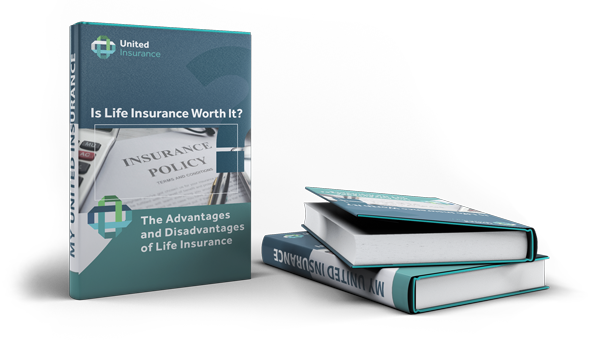
When you are young, you don’t think about life insurance. You are invincible and nothing can happen to you. But the truth is that accidents happen every day and people die prematurely. If something happens to you, who will take care of your loved ones? They will need money to live on, and they may not be able to work because they are taking care of their children or elderly parents. That’s where life insurance comes in. It can provide the money your loved ones need to continue living their lives without you. In this blog post, we will discuss the different types of insurance policies available and how they can benefit your loved ones.

Why Do We Get Life Insurance?
Most people purchase this for the death benefit. This is the money that will be paid to your beneficiaries when you die. The death benefit can be used for any purpose, such as paying off debts, funding a child’s education, or providing income replacement. It can also be used to cover funeral expenses.
There are two main types of policies: term life insurance and whole life insurance. Term life provides coverage for a specific period, such as 20 years. If you die during the term of the policy, your beneficiaries will receive the death benefit. If you live to the end of the term, the policy will expire and you will not receive any death benefit. Whole life, on the other hand, provides coverage for your entire life. As long as you pay the premiums, the policy will remain in force and your beneficiaries will receive the death benefit when you die.
Some life insurance policies also have a cash value component. This is money that accumulates over time and can be used for any purpose. The cash value can be accessed through loans or withdrawals, but doing so will reduce the death benefit.
How Much Do I Need?
The amount of life insurance you need depends on your specific circumstances. You should consider your debts, your dependents, and your income. If you have a mortgage, you will need enough insurance to pay off the mortgage. If you have young children, you will need enough life insurance to cover their expenses until they are adults. And if you are the primary breadwinner in your family, you will need enough life insurance to replace your income.
Some online calculators can help you determine how much you need. You can also speak to a life agent to get an estimate.
What Are the Different Types of Life Insurance Policies?
There are two main types of life insurance policies: term and whole. There are also several subtypes of each policy.
Term is the most basic type of life insurance. It provides coverage for a specific period, such as 20 years. If you die during the term of the policy, your beneficiaries will receive the death benefit. If you live to the end of the term, the policy will expire and you will not receive any death benefit.
Whole life insurance is more comprehensive than term. It provides coverage for your entire life. As long as you pay the premiums, the policy will remain in force and your beneficiaries will receive the death benefit when you die.
There are also several subtypes of whole life insurance, such as universal, indexed universal, and variable universal life insurance. Universal is a type of whole life that offers flexibility in premium payments and death benefits. Indexed universal is a type of whole life insurance that provides cash value growth based on the performance of a stock market index, such as the S&P 500. Variable universal life is a type of whole life that allows you to invest the cash value in a variety of investment options, such as stocks, bonds, and mutual funds.

Which Type of Policy Is Best for Me?
The type of policy that is best for you depends on your specific circumstances. If you are young and healthy, you may be able to get by with a term policy. If you are older or have health problems, you may need a whole life insurance policy.
You should also consider your financial goals. If you want to build cash value, you should consider a whole life insurance policy with a cash value component. If you are looking for income replacement, you should consider a term policy.
Talk to a insurance agent to find out which type of policy is best for you. 1-800-339-4112
